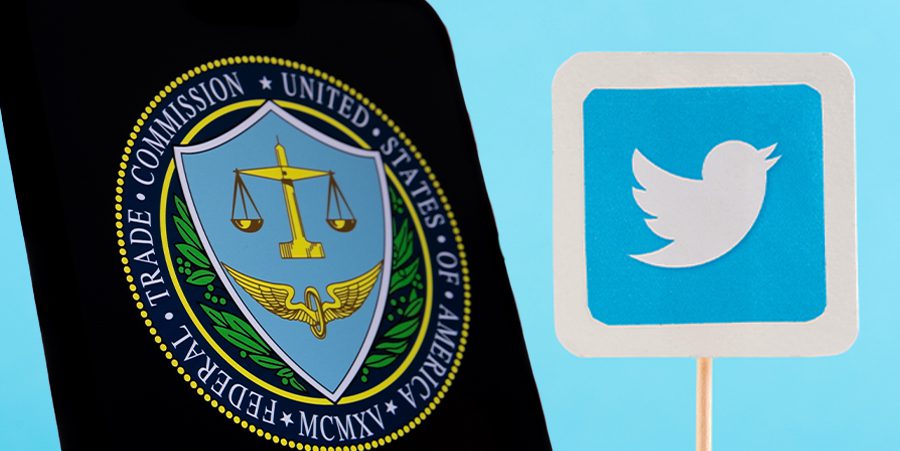In this article, we’ll look at the reasons behind the recent Congressional subpoena of the Federal Trade Commission (FTC) concerning its investigation into Twitter’s ability to protect user data, particularly under Elon Musk’s ownership.
Key Takeaways:
- The House Judiciary Committee, led by Rep. Jim Jordan (R-OH), has subpoenaed the FTC for documents related to its ongoing privacy investigation into Twitter.
- The subpoena accuses the FTC of making “inappropriate and burdensome demands” of Twitter and not complying with previous requests for information.
- The FTC’s investigation focuses on Twitter’s ability to uphold data security promises made to the agency more than 10 years ago.
- Jordan’s committee claims the FTC has sent at least a dozen demand letters to Twitter since Elon Musk’s acquisition of the platform.
- The FTC maintains that it has offered multiple briefings on the investigation to Chairman Jordan’s staff, and that the subpoena is unnecessary.
The Subpoena and Its Background
The House Judiciary Committee, led by Rep. Jim Jordan (R-OH), recently issued a subpoena to the FTC.
This action demanded documents related to the agency’s ongoing privacy investigation into Twitter, particularly after Elon Musk’s acquisition of the platform.
It seems that the Committee has been unhappy with the FTC for some time, accusing the agency of making “inappropriate and burdensome demands” of Twitter.
They also claim that the FTC has not complied with earlier requests for information.
The FTC’s Investigation into Twitter
The primary focus of the FTC’s investigation is Twitter’s ability to uphold data security promises made to the agency over a decade ago.
Back in 2011, Twitter reached a settlement with the FTC after being charged with mishandling user data, which led to unauthorized access to user accounts.
As part of the agreement, Twitter was required to create “a comprehensive privacy and information security program” to protect its users.
Now, the FTC is examining whether the platform is still able to maintain these standards under Elon Musk’s ownership.
Disagreements Between the FTC and House Republicans
The House Judiciary Committee, chaired by Rep. Jim Jordan, claims that the FTC has sent at least a dozen demand letters to Twitter since Musk took over the platform.
The Committee sees this as an unnecessary harassment of Twitter and Elon Musk.
In response to the subpoena, the FTC stated that it has offered multiple briefings on the investigation to Chairman Jordan’s staff.
The agency sees the subpoena as unnecessary and believes it has made efforts to keep the Committee informed.
The Larger Political Context
The clash between the House Judiciary Committee and the FTC over the Twitter investigation is just one part of a broader political context.
As tensions rise between the two parties, some are left wondering about the motivations behind the subpoena.
Critics argue that the Committee’s actions could be politically motivated, with the intention of protecting Elon Musk and Twitter from regulatory scrutiny.
Others believe that this move is simply an attempt to hold the FTC accountable for its actions.
It is essential to consider the broader implications of this dispute and its potential impact on the relationship between tech companies, regulatory agencies, and government oversight.
The Potential Impact on Twitter and Elon Musk
The outcome of this ongoing dispute between the House Judiciary Committee and the FTC may have significant implications for both Twitter and Elon Musk.
If the FTC finds that Twitter is not upholding its data security promises, the platform could face penalties and increased regulatory scrutiny.
For Elon Musk, who has made headlines with his acquisition of Twitter and subsequent changes to the platform, the investigation adds an extra layer of complexity to his relationship with regulators.
As the situation continues to unfold, it will be crucial for Musk and Twitter to navigate these challenges carefully.
Conclusion
The recent subpoena of the FTC by the House Judiciary Committee has brought the ongoing privacy investigation into Twitter into the spotlight.
As disagreements between the FTC and House Republicans intensify, the broader political context and potential impacts on Twitter and Elon Musk become increasingly relevant.
We don’t know yet what will happen with this situation, and how it will impact technology firms, regulatory monitoring, and safeguarding of privacy in the future.
 Sections of this topic
Sections of this topic
















